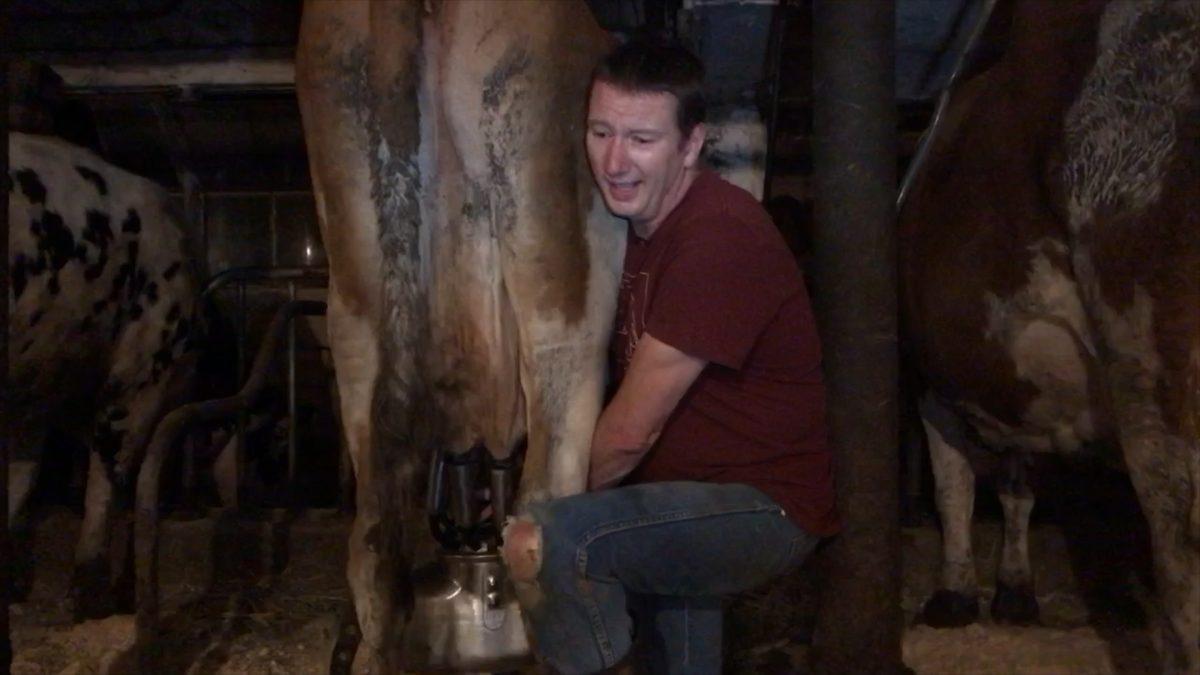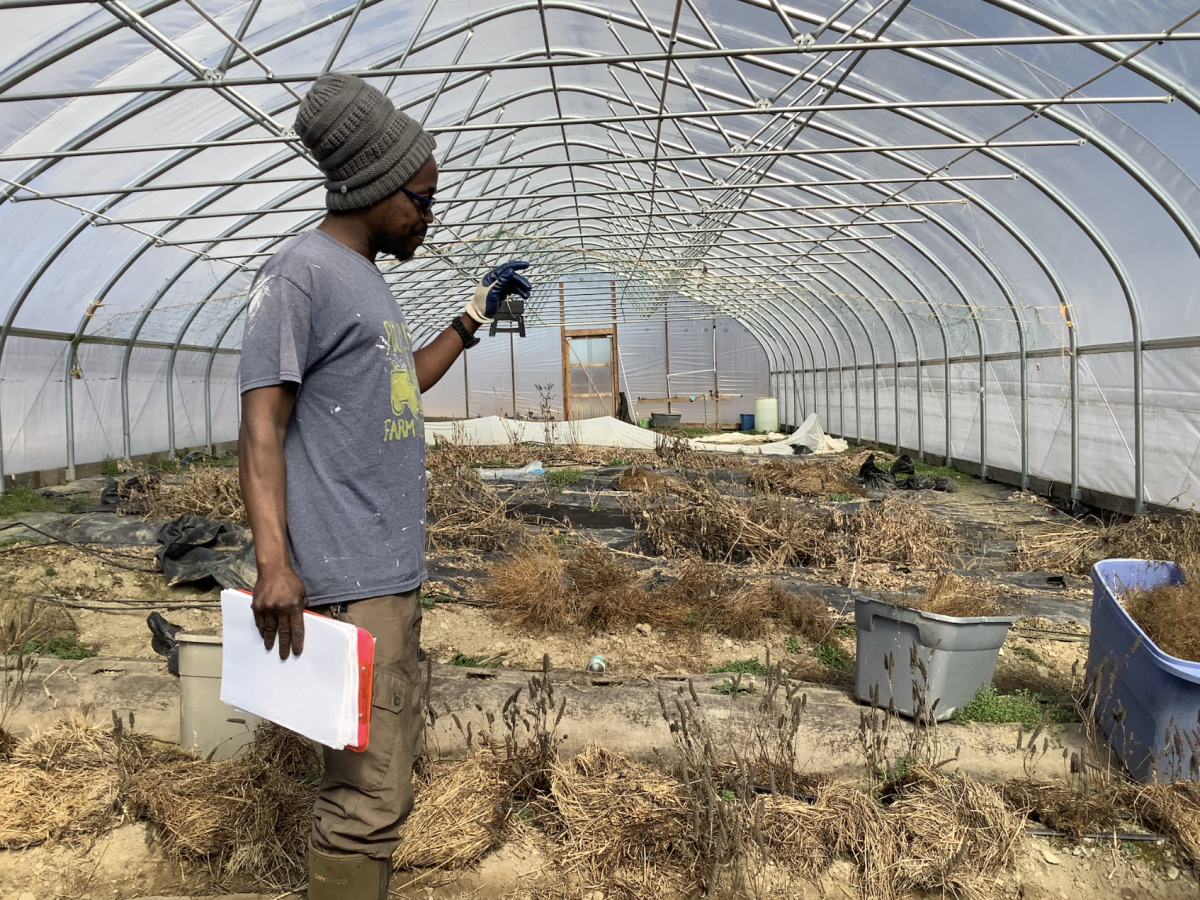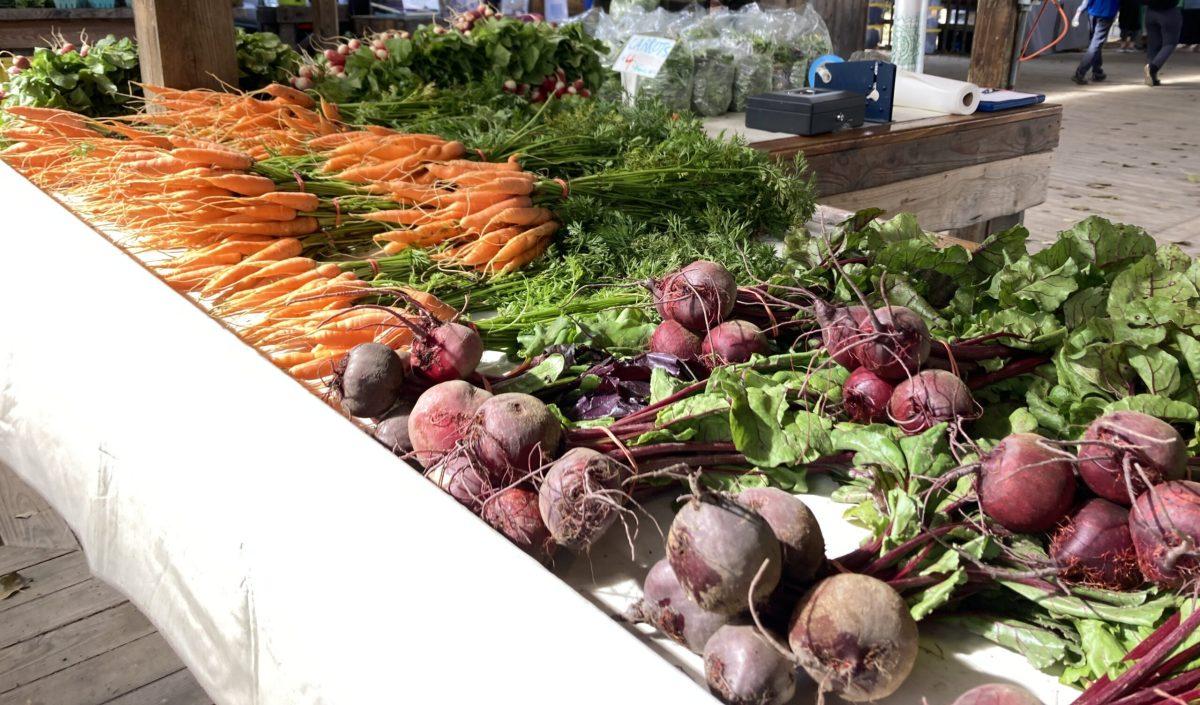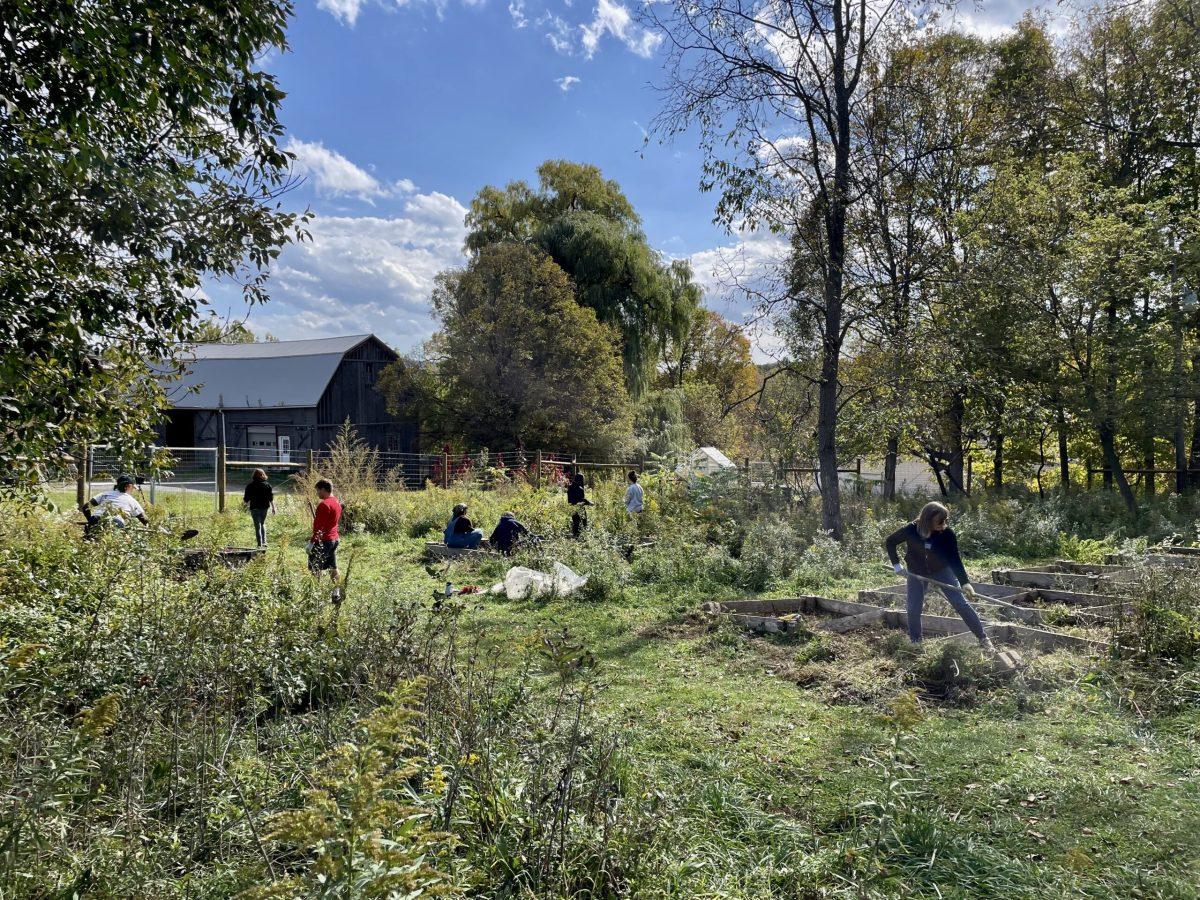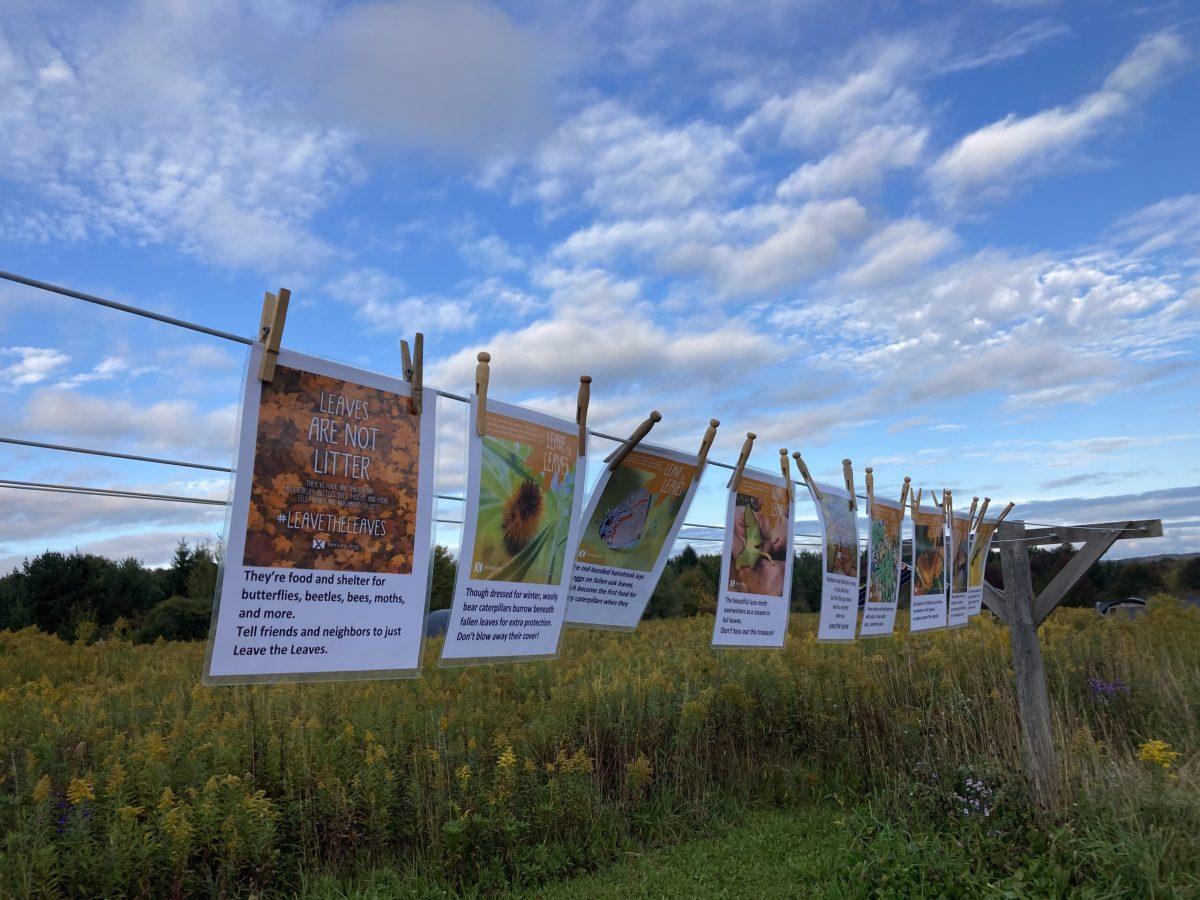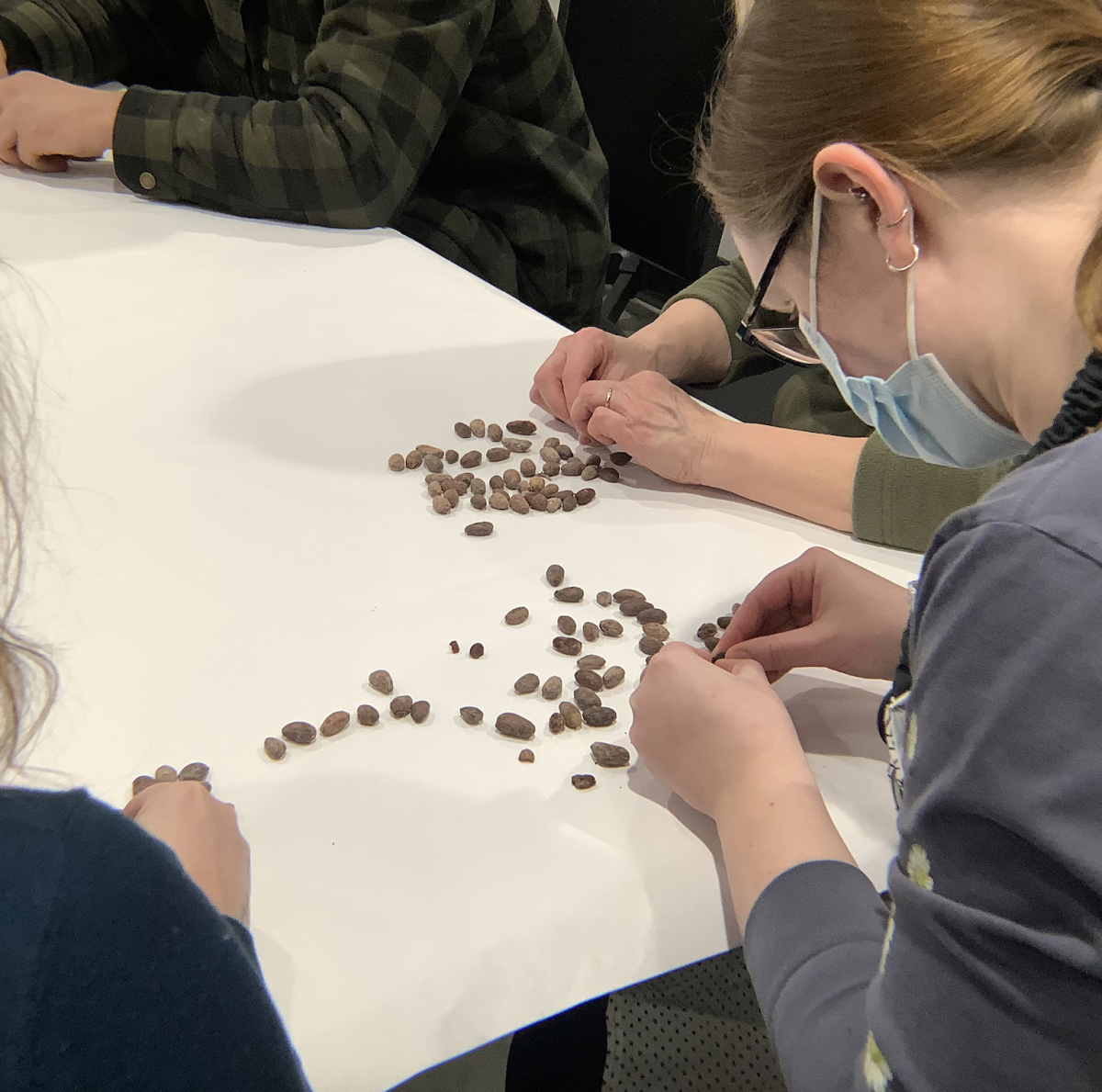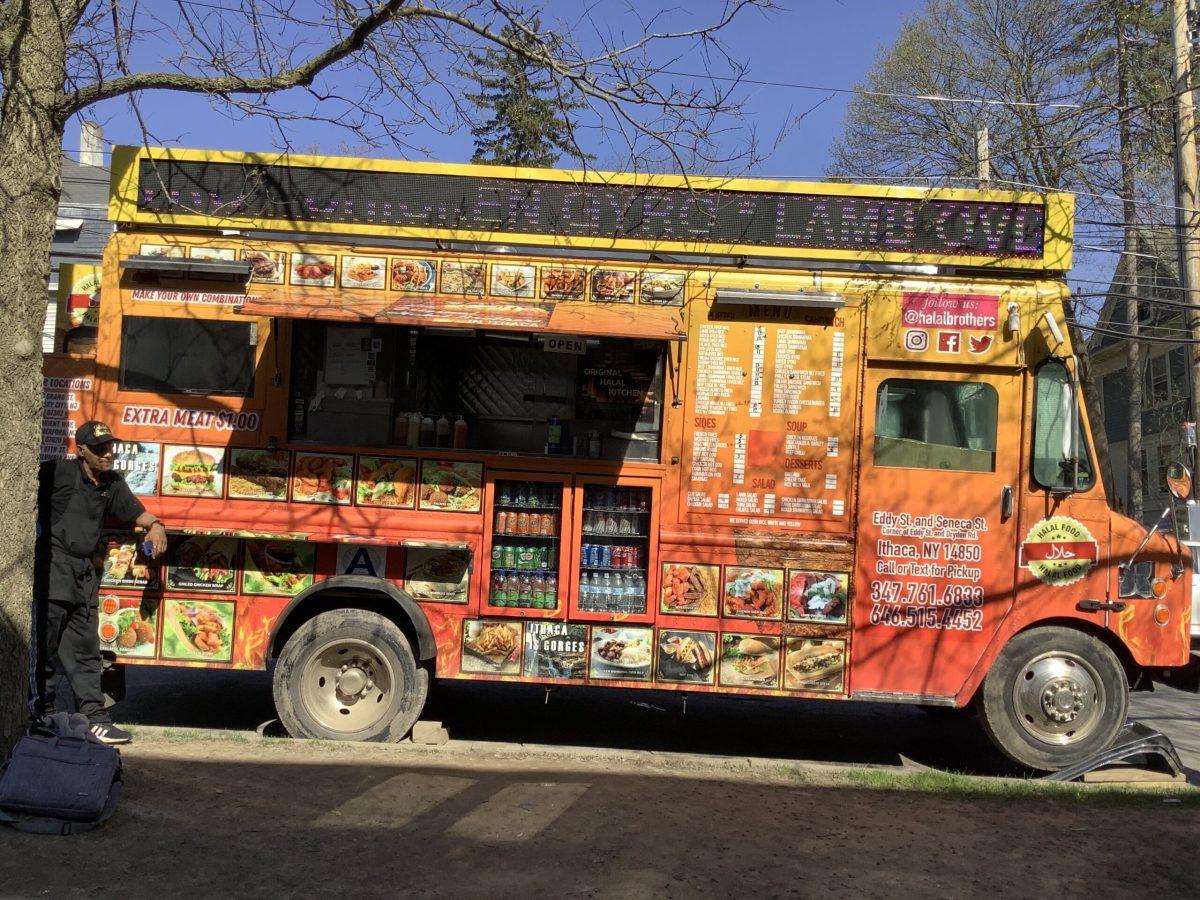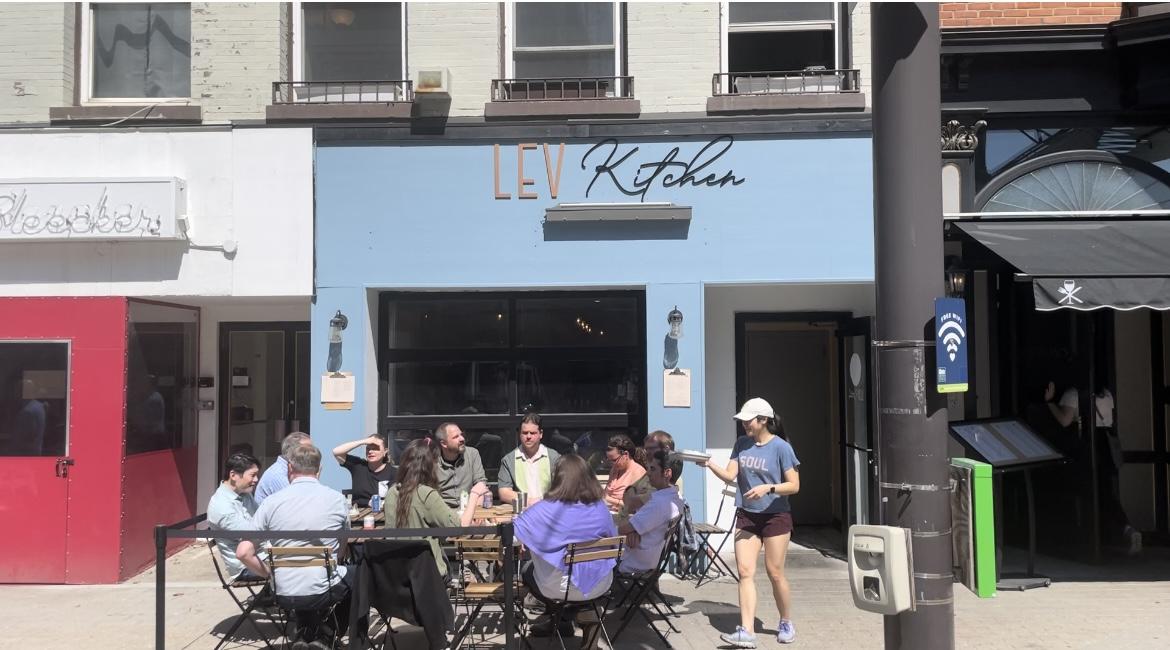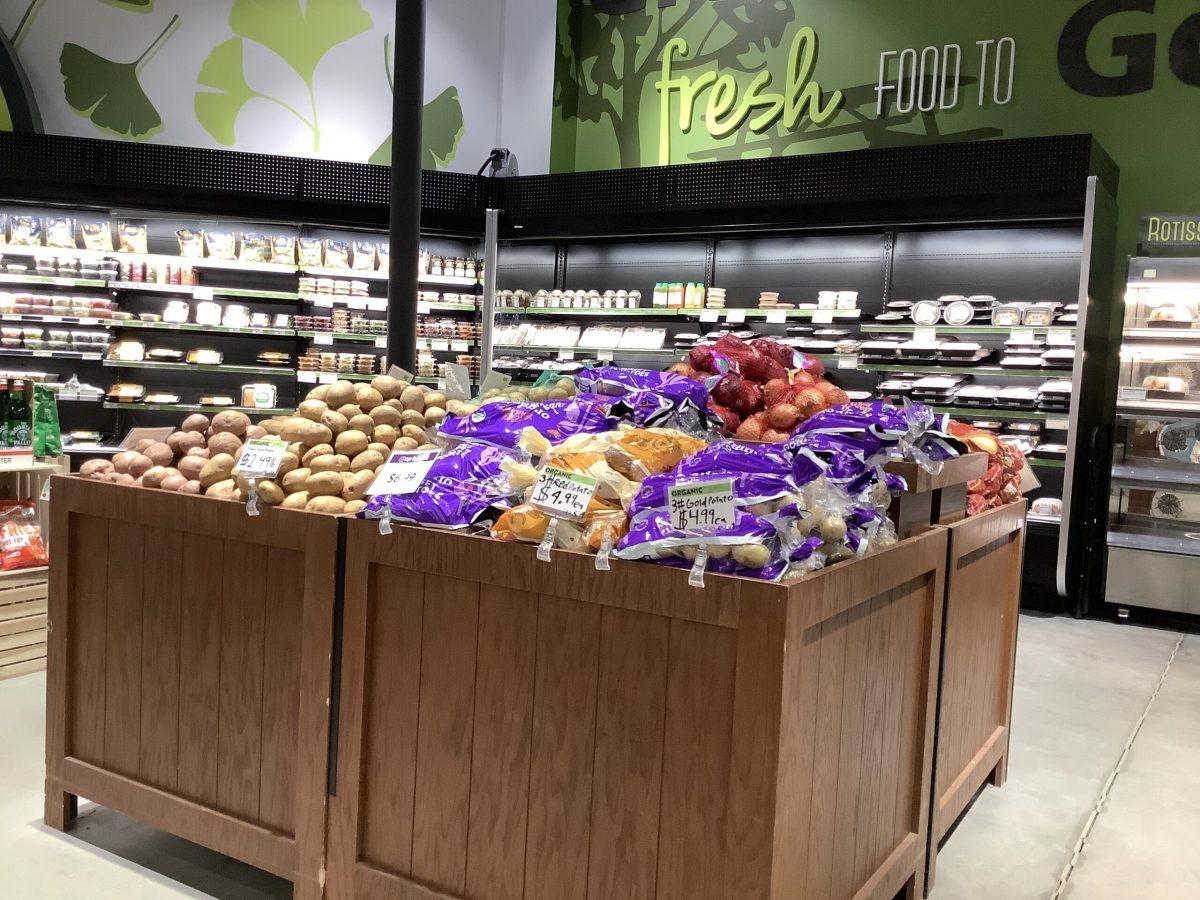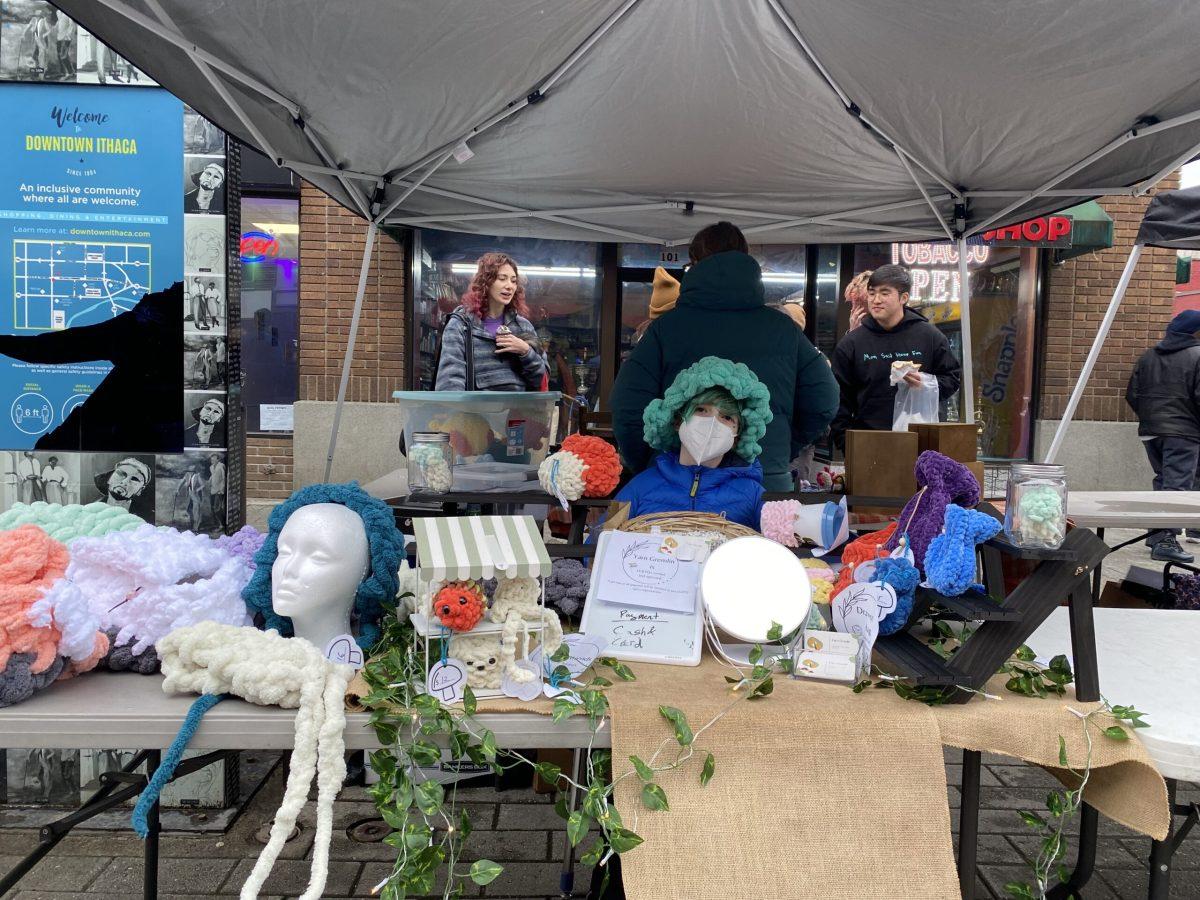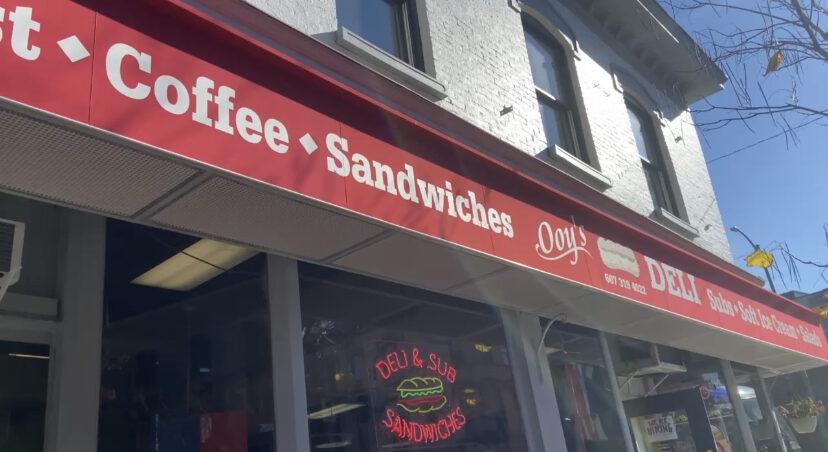On an unusually warm October night, Joe Piskorowski kneels between a couple of 1,500-pound bovines, just as he has done almost every night before for the last seven years. In his hands, Piskorowski grasps and wipes clean the udder of a cow ready to give the night’s milk. Hours before, those same deliberate and steady hands were inspecting patients’ teeth at his dentistry practice several miles away.
His patients aren’t concerned. In fact, Piskorowski’s side-hustle is a staple of his office. For the last few weeks two calves have been stationed in pens outside greeting patients as they recover from dental treatments.

“I like to think it’s really a symbiotic relationship,” Piskorowski says. “A lot of my patients laugh – ‘when are you going to give up the dentistry and just do the cows?’ And some of them laugh and ask, ‘when are you going to give up the cows and just do the dentistry?'”
The son of lifelong farmers, Piskorowski grew up on a farm in Princeton, New Jersey. He credits his parents’ 40 years of hard work for allowing him to attend Cornell University. It was back on his family farm around one Christmas when Piskorowski, lying in the mud underneath a tractor, realized that he could and should escape the small farm business — so he pursued dentistry and began practicing back in his collegiate stomping grounds. Over a decade later, he was ready once again for a change.
“I decided at one point in my dental career that I just needed more balance.”
He found himself at a cow auction, bidding on a calf. Piskorowski would later establish a herd, renovate a retiring farmer’s barn and begin a small, but full-fledged, milking operation.
However, since the time laying under that tractor in Princeton, Piskorowski knew small-scale farming operations wouldn’t be vastly profitable. He says it’s been three years since he’s made significant earnings from his farm.
“They think I’m nuts. Honest to god. Some of them think I’m nuts,” he says of his fellow farmers.

He doesn’t care. He’s not in it for the money.
“It’s almost like more like an addiction than a passion,” Piskorowski says while shoveling sawdust into cattle stalls on a Tuesday night. “I’m not getting any return on my investment. I’m not spending the time with my family that I’d like to spend, beating myself up physically. Yeah, you add all those things up, it’s definitely not for the economic reasons.”
Driving through central New York, the Finger Lakes or Southern Tier, it’s not difficult to spot abandoned barns, once outposts for family dairies, dotting the countryside. More and more of those barns are being abandoned due mostly to a shift to large scale corporate agriculture and overall downturn for local farmers.
“You know a lot of guys [farmers] will tell me it’s as much a prison as it is a lifestyle,” Piskorowski says while milking his second and last cow of the night.
“I’m not saying large farms are necessarily bad. You want to be able to provide the best opportunities for your family that you can. You want to be able to do things with them. You want to provide for them economically. Milking 40 cows isn’t going to do that.”
The changing tides in the market are leaving farmers who once relied on their own herd lost in what’s become a massively different agricultural sector from the one they grew up with.
“They’re trapped because they don’t know what else to do,” Piskorowski says. “They’re trapped because they don’t have skills that will translate to other opportunities anymore. Rural America is really hurting and I think there’s a lot of people out there who’ve never done the small farm thing that think it’s great to preserve it.”
He says without government intervention, many of these farmers won’t be able to survive and reincorporate themselves into the agricultural landscape. He points to programs like New York state’s Farm Net for extending not only skill training opportunities but also counseling for farmers who may be struggling with the emotional effects gripping their livelihoods.
Piskorowski doesn’t have to worry about low milk prices or large scale industry competition clawing away at his dentistry practice. But he acknowledge those factors mean he won’t be able to keep up his small farm forever. Regardless he’s not walking away from it anytime soon, much like the generations of dairy farmers who occupied his barn before him.
“For about the last 30 years, every time there’s a herd in here they figured it’s the last one. Until the next one.”

